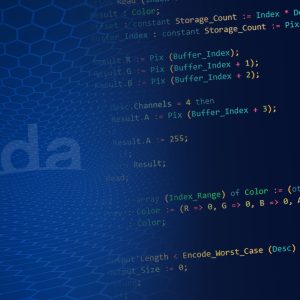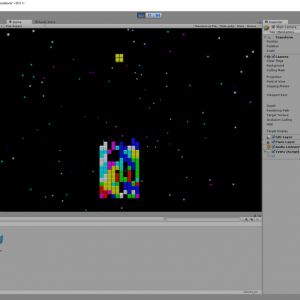
Let's play '7 differences in Ada'
Over the past few years, we've been progressively developing new GNAT extensions for the Ada programming language, which you can follow and contribute to on the github RFC page. While the implementation is ramping up, we can already share a few aspects of the language that can be tested with recent versions of the GNAT Pro compiler, which will eventually find their way to the open-source version.Let's play a game. The code below is an - arguably over-engineered - version of a tic-tac-toe game. Can you find the 7 differences (or features) introduced by the Ada extensions? Note that some of these are only visible on one line, some have an impact across the entire application.If you want to compile this code, you will need both a GNAT Pro wavefront with the latest changes in, and the switch -gnatX0 that enables all experimental features







